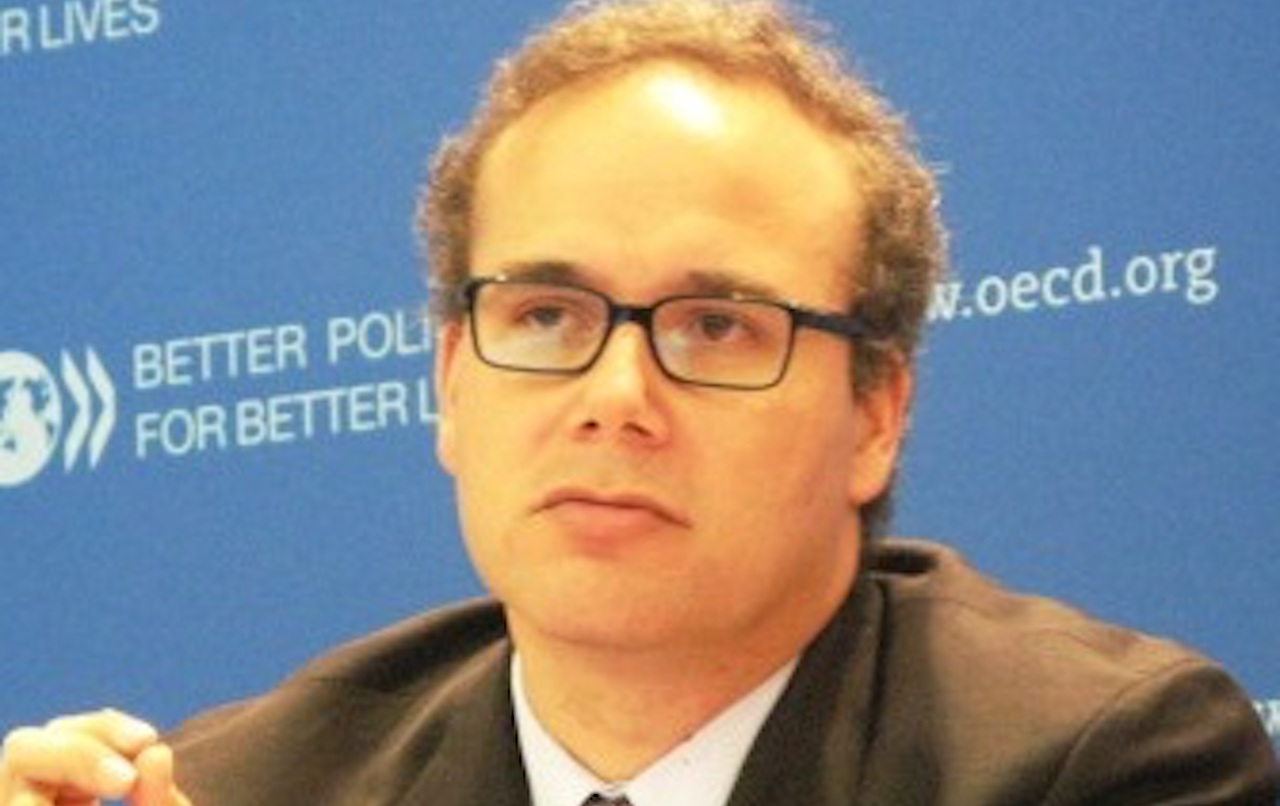There is no shortage of farm produce in the CARICOM region at this time, experts have maintained. But the advent of COVID-19 and the resulting lockdowns has created some problems in getting this produce distributed locally and intra-regionally.
The point was raised today during a webinar held by the Food and Agriculture Organisation (FAO) in conjunction with the CARICOM Secretariat: Enabling agricultural investment in the Caribbean for an effective response and COVID-19 recovery.
During the discussion, Chief Economist with the FAO for the Caribbean and Latin America Maximo Torero stated that agriculture was in a relatively good position now and the FAO was looking at pandemic recovery in two phases.
Torero said: “Presently, the supplies of staples are good, in fact, double what they were in 2007 and 2008 during the global economic crisis, and harvests have been good.
“There were some logistical problems in the first three weeks of lockdown, then there were some restrictions put in place, first by Russia, and then another was put on rice but that was changed at the start of May.
“Things are a bit more complex on the high-value commodity side, that is, items which are labour intensive and perishable, so we are experiencing losses with food being left in the field or in processing plants like meat.”
Torero added that with the significant decline in visitor arrivals, based on projections from the International Monetary Fund, Caribbean countries could see declines in their Gross Domestic Products ranging from two per cent to ten per cent if a vaccine was not found within another year or if there is a second wave of the virus.
He said: “We are looking at three scenarios, a two per cent, five per cent or ten per cent reduction, and what will happen under each situation. If there is a second wave of COVID that ten per cent might become a reality.
“We are worried because of the dependency on tourism and the amount of external debt these countries have. The decline in tourism will affect the region significantly for a number of months, and this might only change if a vaccine is found and that could take another 14 months.
“Let us say we find a vaccine by December; the recession will still be there. In addition to this, some of the Caribbean economies that export primary commodities will be affected by a reduction in price which will reduce their fiscal revenue
“The FAO has been doing a series of discussions with the region, looking at unemployment levels based on the decline in tourism and other sectors. We have to see where the most vulnerable people are in terms of food security, and we should find measures to help farmers harvest and plant what they can.”
CARICOM’s Assistant Secretary-General for Trade and Economic Cooperation Joseph Cox said the regional grouping has come up with an ‘exit strategy’ aimed at getting the economies of its member states back on stream following the current global pandemic.
He told the webinar: “We will be moving forward in a rational and measured way. Regarding agriculture and its sub-sectors, we have to communicate with manufacturers and distributors how they can reconfigure to keep protective mechanisms in place for both their internal and external customers.
“You will have to have a detailed relaunch map covering all areas across the board, to prioritise the reopening of different sectors, with different timelines for each sector.
“We have noticed that there has been a shift in demand where some people have become more interested in processed food and this is a challenge for our farmers. We must ensure we secure our supply chain with strategic procurement.
“This won’t happen overnight, but we must make sure we plan it carefully so that we can treat upfront any aftershocks that may come out of this.”




